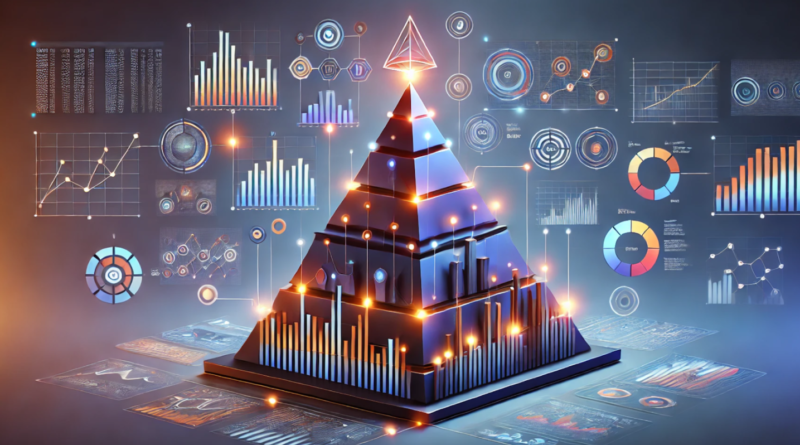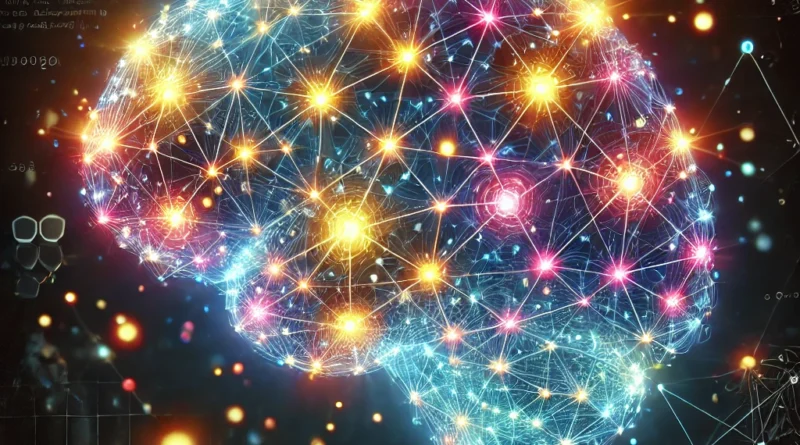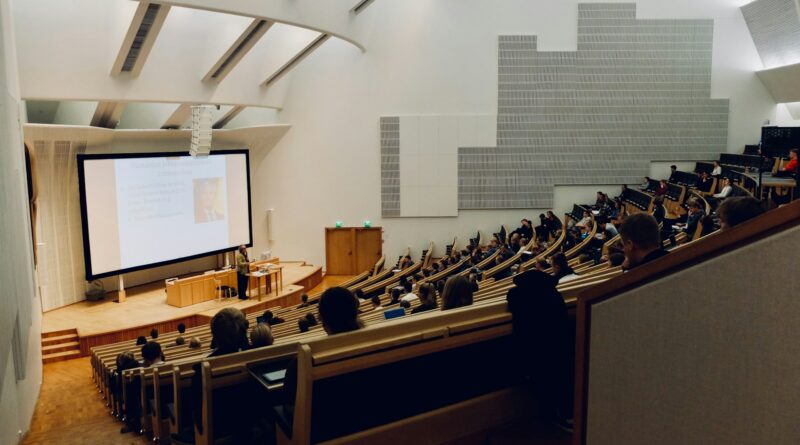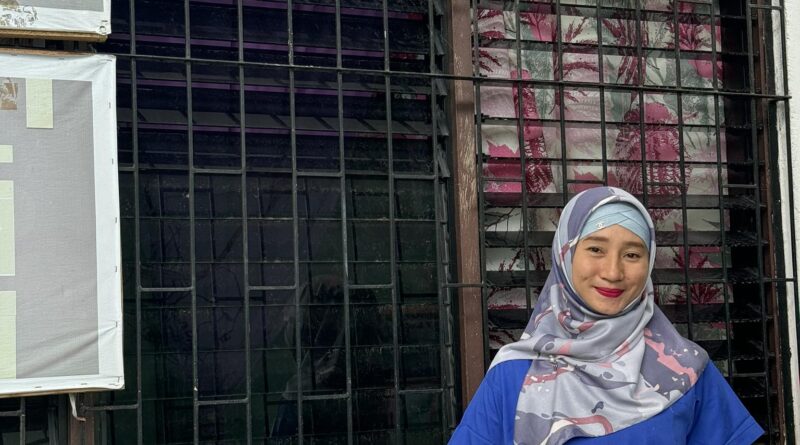Rationalists, Zizians, and the Search for Truth: How Does Information Shape Belief?
Zizians, an emerging and loosely defined intellectual network, hold anarchist beliefs, emphasise animal rights and veganism, and promote a non-dualistic understanding of consciousness, including the idea that the hemispheres of the brain can have different genders and conflicting interests. This perspective challenges conventional Western assumptions about individual identity, rationality, and the pursuit of knowledge. By looking into how these two communities approach information, one can better understand their impact on contemporary discussions, from scientific discourse to digital subcultures.
Read More













